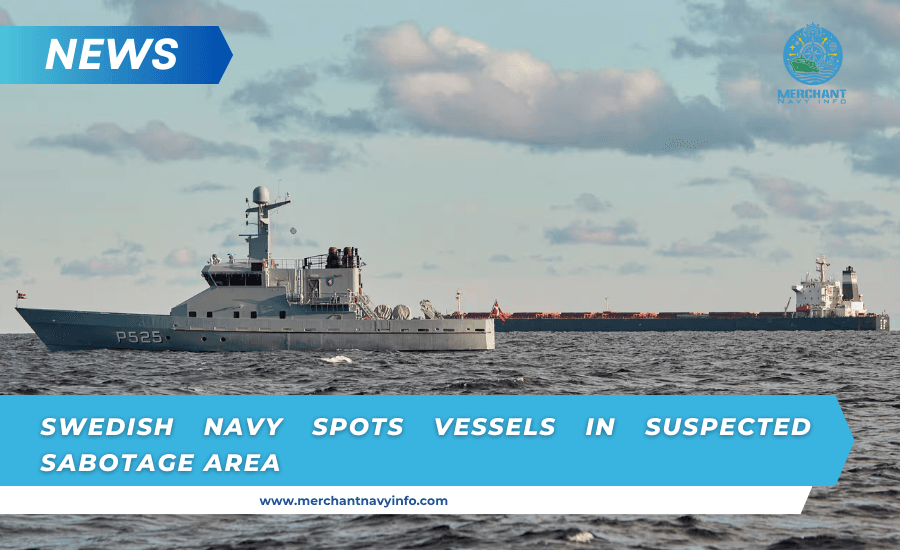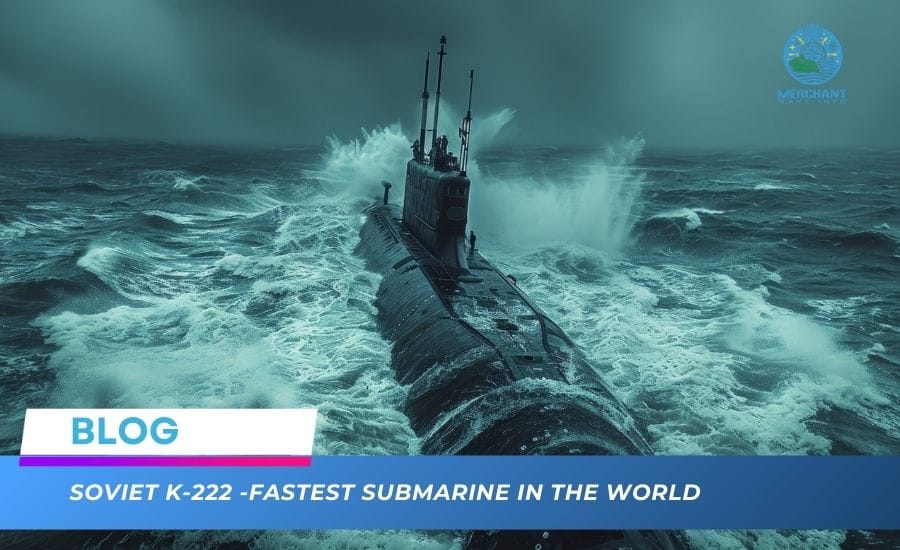
Samsung Heavy Industries Launches Fully Autonomous Research Vessel ‘shift-Auto’
Samsung Heavy Industries (SHI) has launched the next-generation mission-driven autonomous research vessel ‘SHIFT-Auto’. The vessel, designed to be fully autonomous, was launched on November 21, 2024.
The event was attended by SHI CEO Choi Sung-an, officials from the Ministry of Trade, Industry and Energy (MOTIE), and representatives from major classification societies.
SHIFT-Auto is a 12-passenger catamaran designed for autonomous navigation research. The double chassis design reduces vibration and improves stability, providing a suitable platform for testing advanced autonomous technologies.
The vessel is equipped with Samsung Electronics’ SmartThings IoT system, which enables real-time data collection and analysis to ensure smooth and reliable operation.
Guests could ride SHIFT-Auto during the event and experience its autonomous driving capabilities firsthand. This was more than just a demonstration. Attendees saw the vessel’s advanced features, including automatic docking and voice control, that set it apart from other autonomous vessels.
The company plans to use the vessel to demonstrate mission-based operations, showing its ability to navigate, anchor, and moor without a crew.
The launch of SHIFT-Auto builds on SHI’s previous successes with autonomous ships. Last year, the container ship Evergreen completed a 1,500-kilometer voyage through the South China Sea, and the Mokpo Maritime University training ship Sijiro sailed 2,800 kilometers along the Philippine route.
These tests show that autonomous navigation technology is ready for real-world use.
The government created a “regulatory sandbox” to allow companies like SHI to test and demonstrate new technologies before fully implementing the regulations, which will officially take effect in January 2025.
MOTIE pledged to continue supporting these tests to help shape the future of autonomous charging.
Other Korean shipbuilders, including Hyundai Heavy Industries and Hanwha Marine, are demonstrating autonomous ships.









